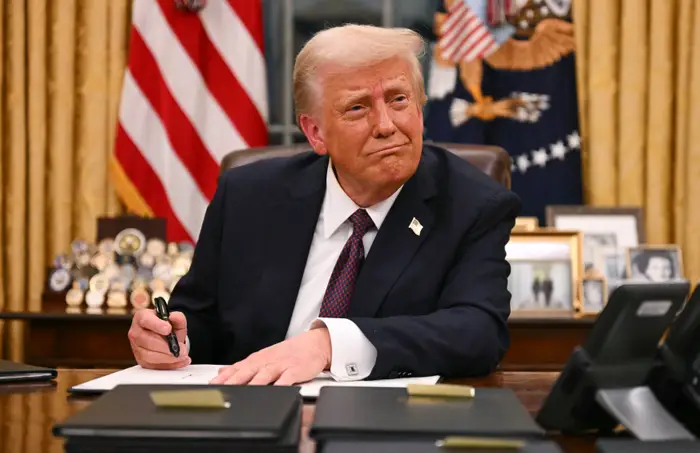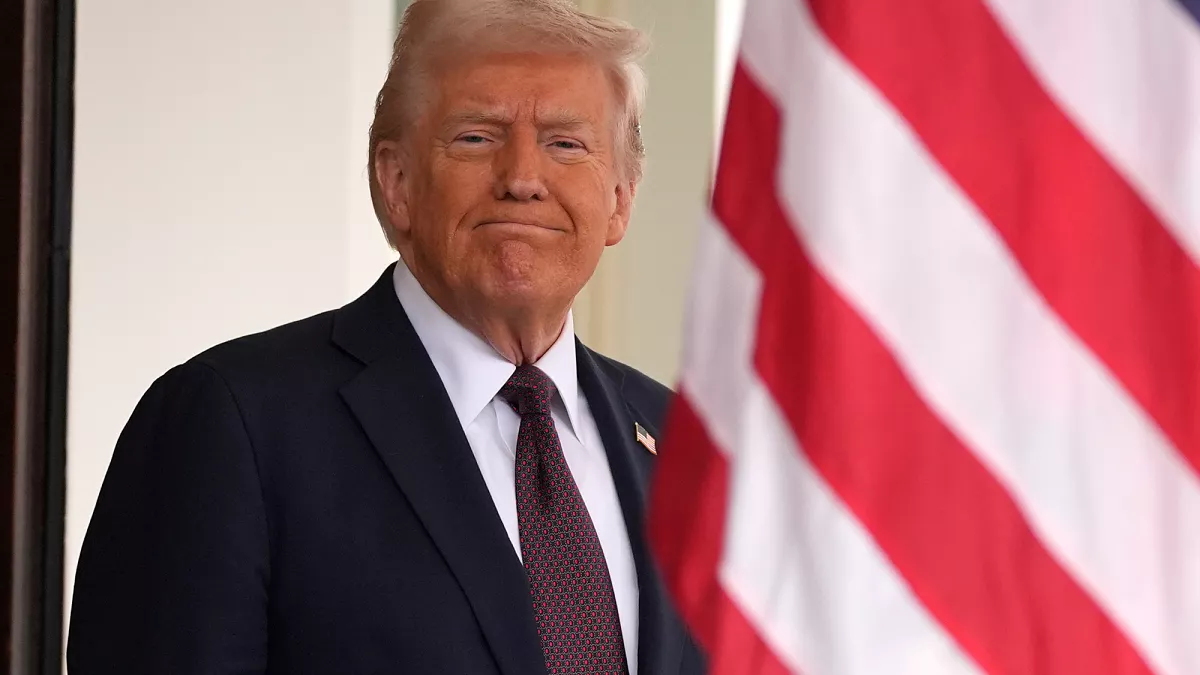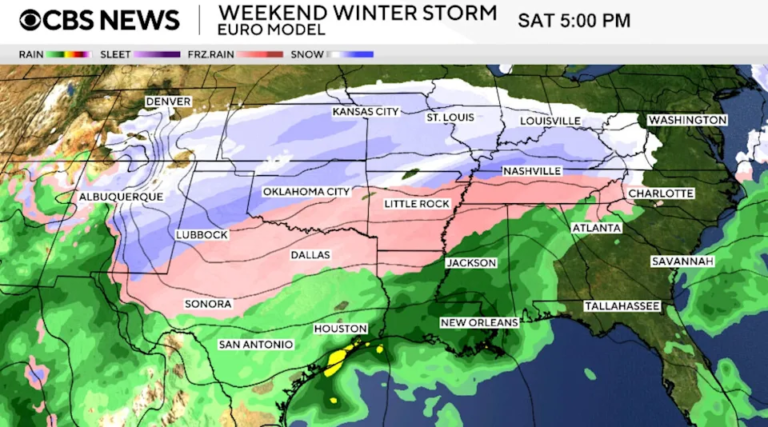In recent developments, President Donald Trump has intensified his criticism of federal judges issuing nationwide injunctions that impede his administration’s policies. He has called upon the Supreme Court to curtail such judicial actions, labeling the judges responsible as “Lunatics” and expressing concerns over the potential consequences of their decisions.

Nationwide Injunctions: A Barrier to Presidential Policies
Since his return to office, President Trump has faced multiple legal challenges, with federal judges issuing nationwide injunctions against several of his initiatives. Notably, efforts to end automatic birthright citizenship have been halted by such judicial orders. The administration argues that these injunctions overstep judicial authority and hinder the executive branch’s ability to implement policies effectively.
Clash Over Deportation Policies

A significant point of contention has been the administration’s attempt to deport Venezuelan nationals, including alleged gang members. U.S. District Judge James Boasberg issued a temporary restraining order blocking these deportations, prompting President Trump to accuse the judge of attempting to “usurp” presidential powers. The President’s criticism underscores the escalating tension between the executive branch and the judiciary over immigration enforcement.
Supreme Court’s Role in Resolving the Dispute
The administration’s appeal to the Supreme Court seeks to limit the power of federal judges to issue nationwide injunctions. With a conservative majority, including three justices appointed by President Trump, the Court’s forthcoming decisions could redefine the balance of power among the branches of government. The outcome of this legal battle will have lasting implications on the scope of judicial authority in the United States.
Broader Implications for the Constitutional Order
President Trump’s assertive actions, including the dismissal of Democratic Federal Trade Commission commissioners, challenge long-standing norms of bipartisan operations within independent agencies. These moves have sparked debates about the potential erosion of checks and balances integral to the U.S. constitutional system. Legal experts express concern that such precedents could lead to increased executive overreach, diminishing the separation of powers that underpins American democracy.
In conclusion, the escalating conflict between the executive branch and the judiciary over nationwide injunctions highlights a pivotal moment in U.S. governance. The Supreme Court’s forthcoming decisions will play a crucial role in delineating the boundaries of judicial intervention in executive actions, thereby shaping the future interplay among the branches of government.


